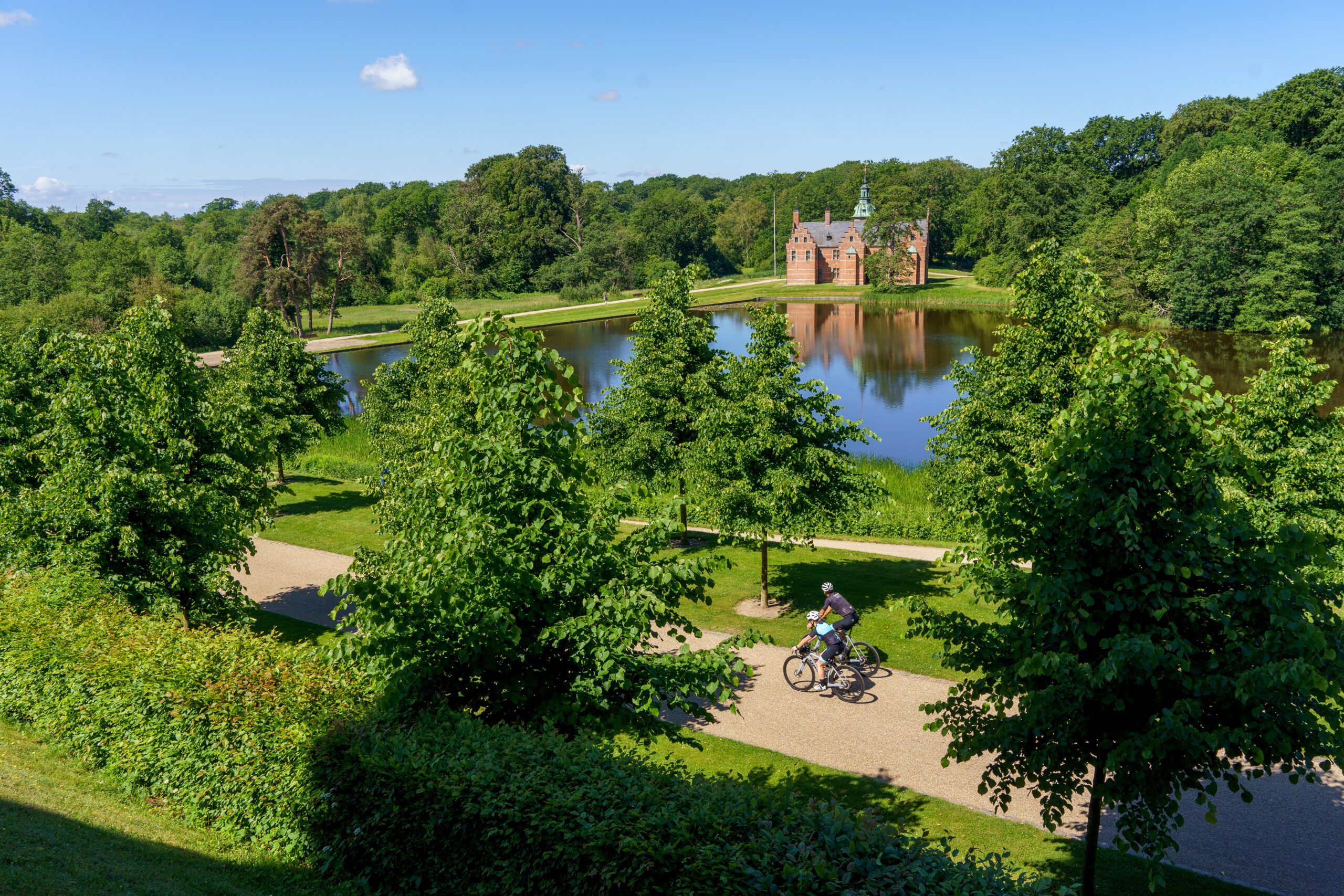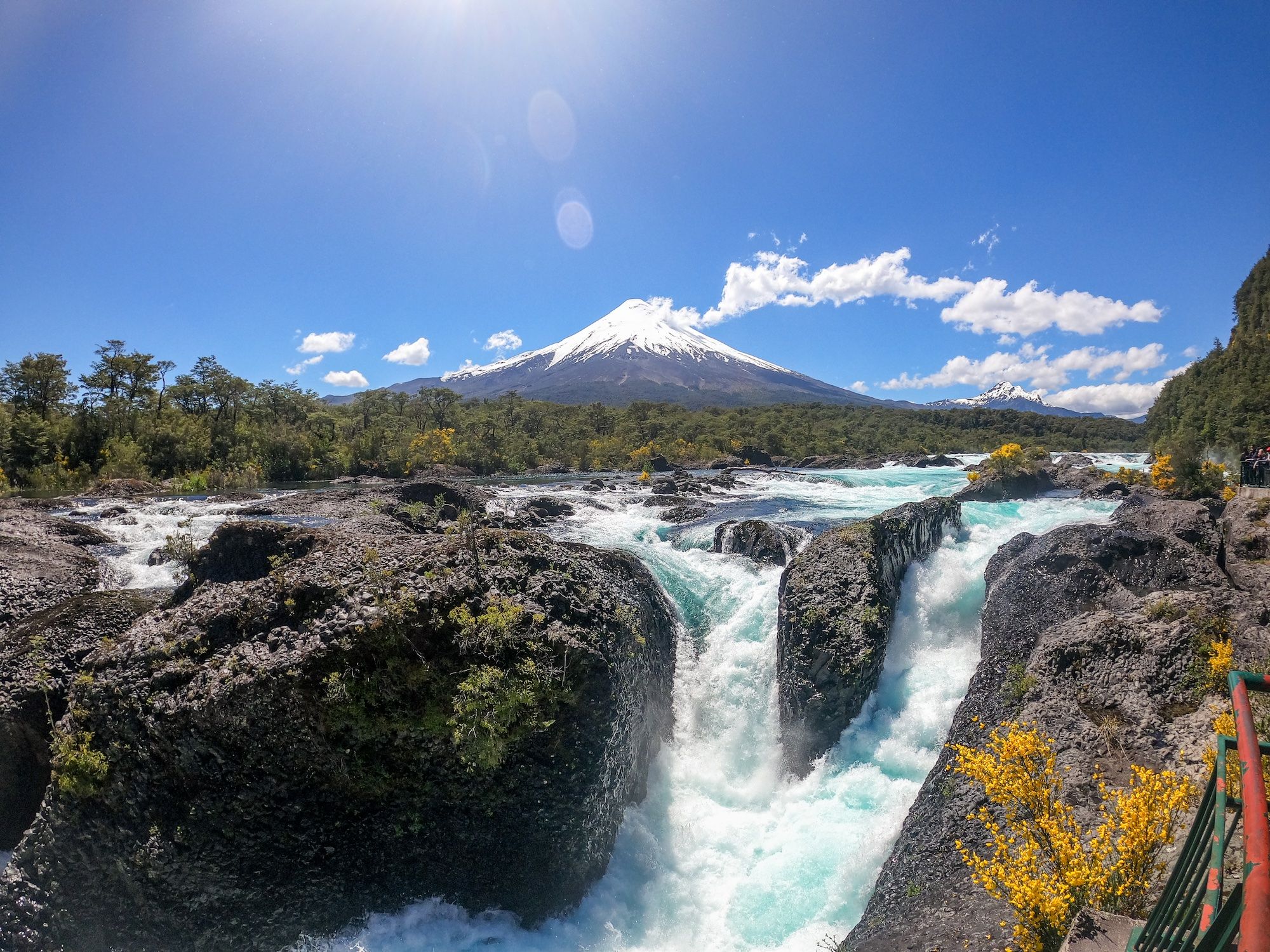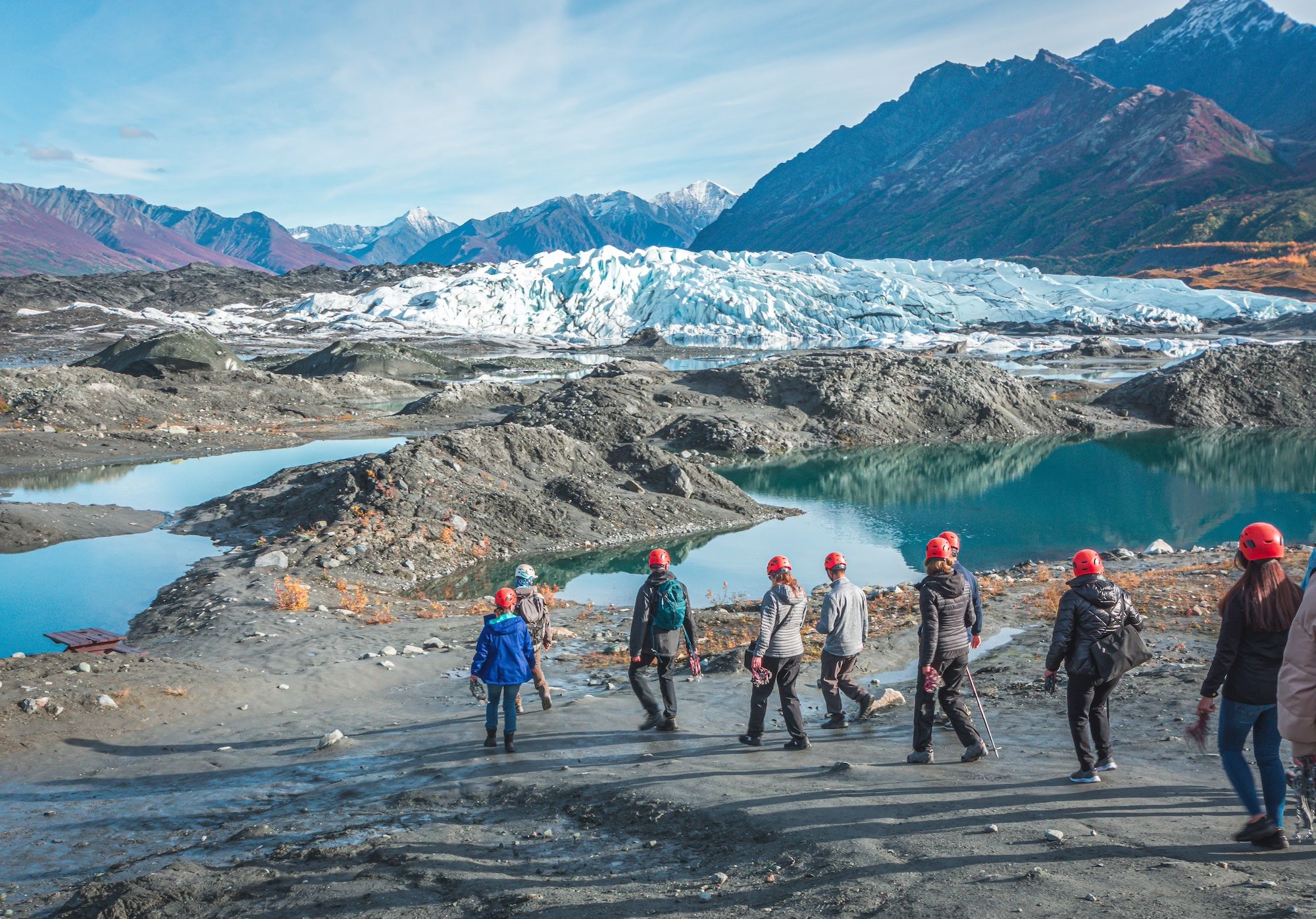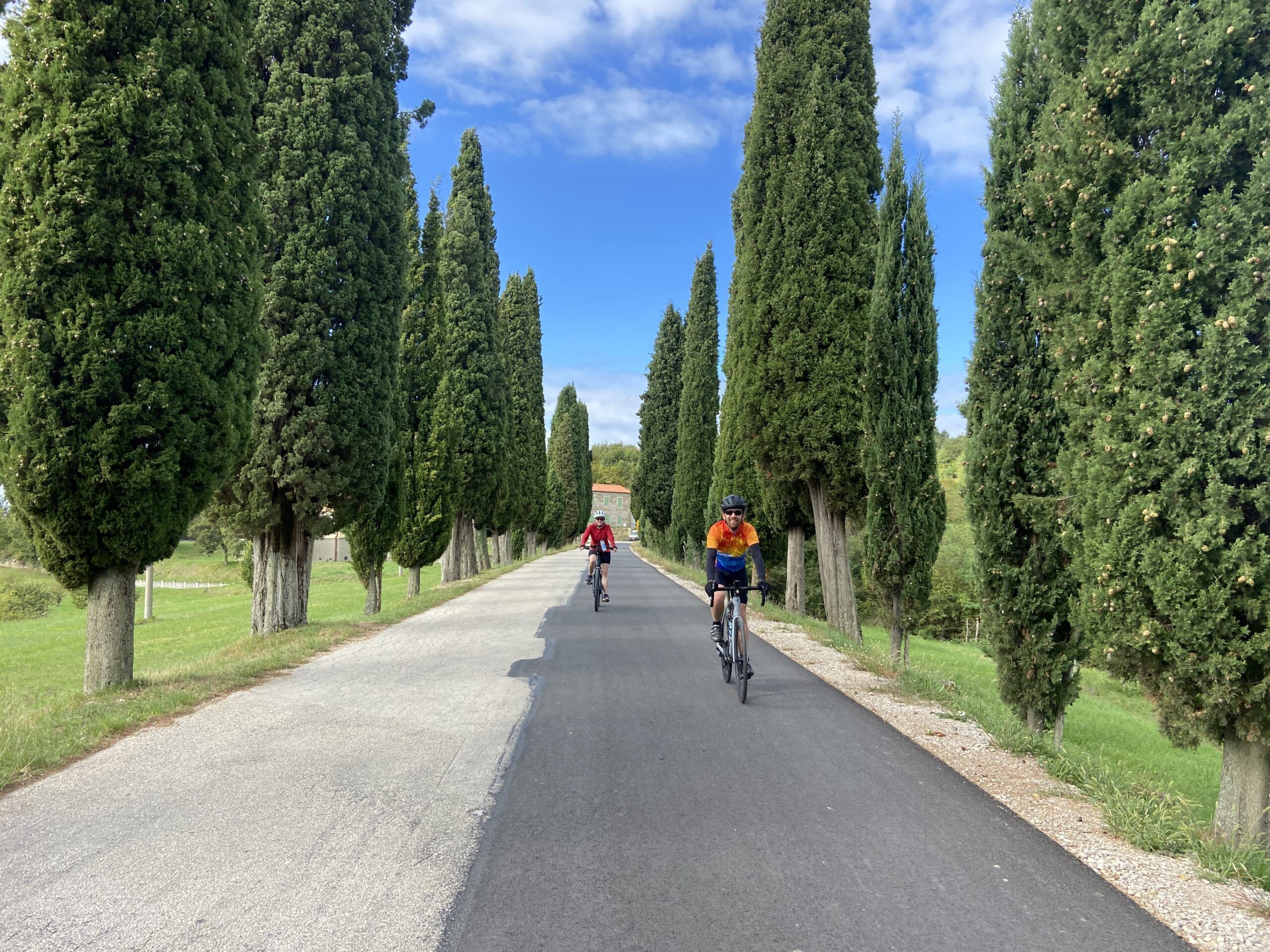
This post originally appeared on Groucho Sports on July 3rd, written by Trek Travel guide Jon Vick. Seeing the Tour is over and we are all going through various states of withdrawl, I thought it appropriate to share! Enjoy, it’s a great read. –Ed.
To me, life is a sine wave. It has ups and downs. In general, the highs and lows fall about an equal distance from those moments where you’re just cruising along. I spent a lot of years of my life as a guide for Trek Travel. Life as a TT guide is no different. It still has its highs and its lows, but for me, the wave was a lot more amplified. The highs were unbelievable, riding my bike through the Alps on a beautiful sunny day, mountain biking in New Zealand, eating Michelin starred meals in Provence, or drinking 100 point wines in Bordeaux. At the same time, some of the lows I experienced were on the other end of that sine wave. Rarely did the opposite ends of the wave closely coincide, but one day in 2010, they came pretty darn close together.
The Tour de France is an amazing spectacle to experience. There are so many sounds and sights and smells coming at you from every direction, it can be sensory overload. The French Gendarmerie has the difficult task of managing the thousands – hundreds of thousands even – of people who want to see the race live. They close roads to cars hours and sometimes days in advance of the race. Sometimes you can ride your bike up the route until the publicity caravan arrives, and other times they close the road to cyclists in advance as well. They’ve even been known to threaten to close the road to fans on foot once the crowds at the top of climbs swell and squeeze the road.
I was on a trip with three other guides at the Tour de France in 2010, heading into the Tour’s queen stage, finishing atop the legendary Col du Tourmalet. Our group way staying on the back side of the mountain, and we were planning on riding over the top, through the finish line, and descending to our viewing area. The afternoon before we heard rumors that the top of Tourmalet was already closed. Other information told us that we would still be fine to go through. After hours of our advance team scouting the road for actual closures, talking to the Gendarmerie about their plans to close the road, and talking to our contacts within the Tour organization, nothing could be definitively concluded.
We couldn’t risk getting caught out and not seeing the stage, a stage that promised to be one of the most dramatic battles on the road in recent Tour de France history, so we made a tough decision. We called every guest in their room and told them that rather than being ready to ride at 9am, they should have their bags packed and be in the lobby for a 5am bus ride around to the other side of the mountain – where even there, there was a possibility we would run into road closures and not get to our viewing spot.
There was just one problem. We didn’t have a place to start from. Okay, two problems, we didn’t have a written route either. So at 3am, a guide from the other group that was staying at our hotel and I set off in tandem, driving vans loaded with bikes to the other side of the mountain, to a spot that she had in mind. What we found was not necessarily ideal, but it was functional, so we rolled with it. After determining that we could set up and ride as a group to the start of the climb, I kicked back the driver’s seat for an hour of fitful sleep as the rain poured down and thunder echoed off the mountains around us.
Eventually we had to brave the rain to get out and start setting up bikes. I jumped up on the roofs of our vans to pass down the bikes from the roof racks. As I stood on the huge metal plate that comprised the base of our rack system in the middle of a gigantic Carrefour parking lot in an epic lightning storm, I came to terms with the fact that I was soon to get struck by lightning and this morning was going to be the end of it. Our guests arrived on their bus that left a couple hours after us, and they reluctantly hopped on their bikes and headed off in the rain toward the climb of the Tourmalet. The other van headed off to get as far up the climb as it could, and I was left to find parking for my van and trailer. As you could imagine, parking for a rig that size the morning the Tour was going to come through was no easy task.
By the time I found parking I was certain there was no way I would get to our viewing spot before the officials closed the road ahead of me. I considered bagging it and just going to sleep in the van, seeing my co-guides and guests at the end of the day after they Tour had passed and they descended to our finishing spot. Responsibility set in, and I kitted up and began rolling down the bike path toward the start of the climb, still certain I wouldn’t make it to our viewing area.
The kilometers ticked away slowly, the wind and torrential rain made sure of that. It also made sure I spent every second miserable and second-guessing my decision to get on my bike. I rode along solo, in terrible conditions, certain that it was all for nothing.
Eventually I got to the base of the climb, and to my surprise, it was a ghost town. There were no other riders. There were no cars on the road or parked along the side. There was no one walking up the road. It was just the road, the gradient slowly increasing, and me. In my somewhat delusional, miserable, sleep deprived state, I began to convince myself that I was on the wrong road. There was no wrong road. There is only one road. I knew I was on it, but I was convincing myself I wasn’t. If not for the fact that the Livestrong Chalkbot had been through, I may have turned back, but there was no way that thing had gone up a different road.
Then my mind flipped. This was epic. This was what it’s all about. The photos of Lance training in the snow, the stories of the pros training and racing in all conditions, and here I was, climbing one of the most storied mountains in Tour de France history, in horrific weather, and it felt like it was just me versus the mountain. I felt like a badass.
Even as the grade increased, my legs ticked over a little faster. I rode under an overhang where there was a car parked, and just as I passed, a head popped out a cracked window to yell, “Allez, allez!” I rode faster again.
Then I started to come into some cyclists. I chatted up a Backroads guide from Texas who was on the climb. I ran into other guides and guests from other Trek Travel groups who were on the climb and checked in with them. Finally I reached the point where I knew the last road closure would be and I rolled right past. I was going to make it. A few hundred meters later, standing on the corner, was a really great friend of mine who had started guiding for Trek Travel that spring who I hadn’t seen in the four months since our season started. The smile on her face when she saw me and a huge hug when I stepped off my bike and life was great. We pedaled on for a kilometer together before she dropped back to ride with her guests, and I continued on. I finally reached the refuge of the Trek Travel viewing area. A huge tent on the side of the road with a live satellite feed of the Tour, a huge hot buffet, a bag with dry clothes and a tent to hang my wet clothes to drip. – it was like an oasis on the side of the mountain.
The promise of an epic stage came true, as Alberto Contador and Andy Schleck battled up the mountain. We watched on our TVs as they sat on the front of the peloton until we knew they were close, then scrambled from the refuge of our tent to the side of the road to watch the race come by. Everyone went crazy when Schleck and Contador emerged through the crowd, a gap between them and the rest of the race. After the main bunch passed, we sprinted en masse back to the tent to watch the finish on our satellite feed before descending with thousands of other cyclists back down to the valley floor.
Too often, the significance of an event is only recognized in hindsight. I was fortunate to realize in the moment that I was there, in person, for what will go down in history as one of the legendary stages of the Tour de France. Just another Thursday at work? Not exactly.








